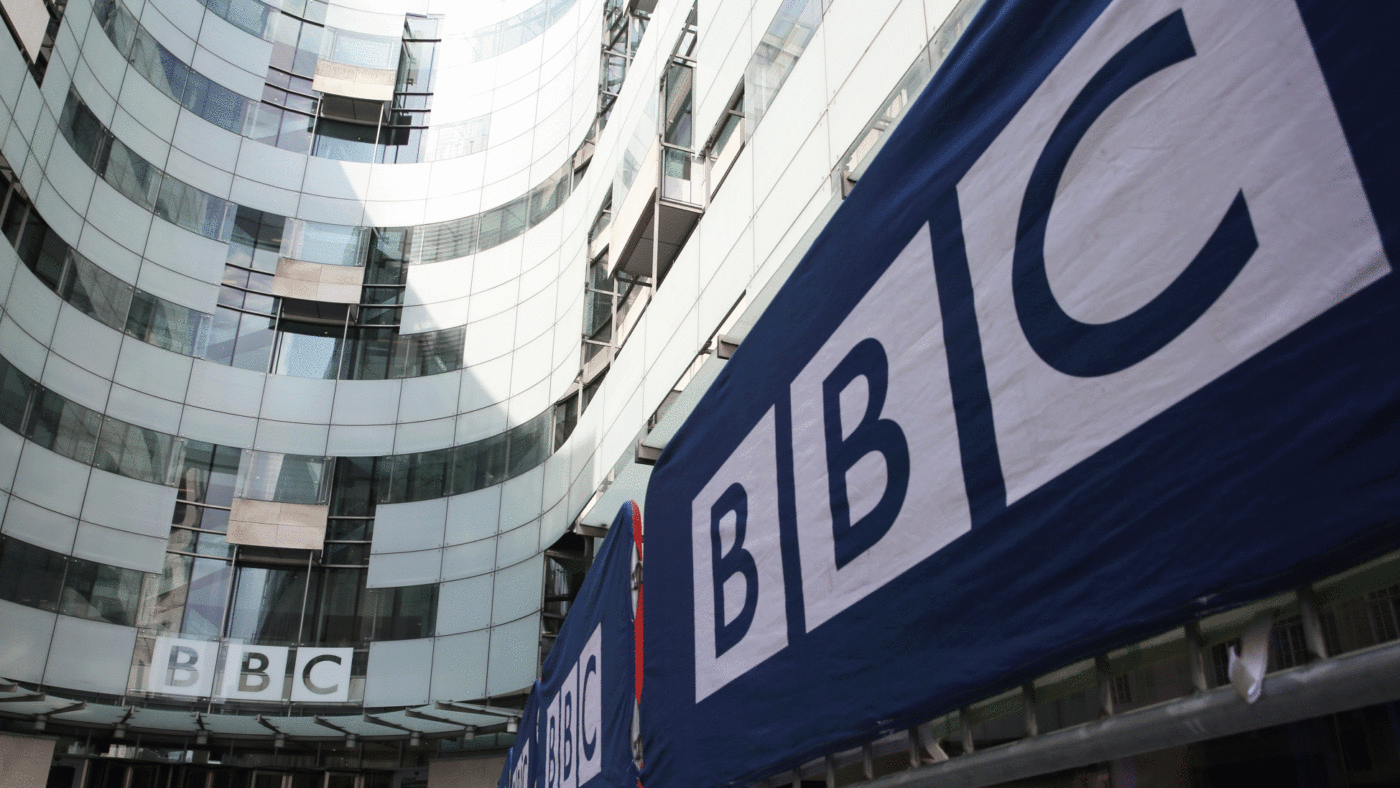As the woeful decision to peg reform of parliamentary standards to Owen Paterson’s case showed, the Conservatives have developed a habit of shooting themselves in the foot on the rare occasions they actually try to overhaul our institutions.
More often than not, neither ministers nor activists sound as if they have a coherent, positive vision of what they want to achieve. Without such a programme, they’re reduced merely to talking very loudly about things they don’t like.
It also risks under-estimating the scale of the challenge involved in changing or reversing long-standing trends in the evolution of civic institutions and civil society.
The BBC is a case in point. Nadine Dorries’ recently spoke of the need to ‘save it from itself’. This is a much better approach than that offered by the ‘defund it’ brigade: the Corporation is an important, British national institution; it has a powerful international brand; and it is popular enough with enough voters to make abolition a dubious political prospect in any event.
But any effort to present oneself as a concerned friend really does need to be married to some evident enthusiasm for the thing you’re supposed to be saving, and ideally some idea of what you think salvation looks like.
Yes, the licence fee will grow increasingly difficult to justify as media consumption habits continue to evolve. There are surely few who believe that, were we designing a state broadcaster from scratch, we would choose such a regressive funding model.
But if the Tories get tied up in a technical debate about different funding models, they will have missed the point, because such questions are downstream of more fundamental ones about what the BBC is and what purpose it serves.
If the Government actually worked out what it wants from a public broadcaster, funding models would likely suggest themselves. One can easily imagine, for example, justifying public support for a narrower range of public service broadcasting – perhaps even via general taxation – whilst allowing the rest of the Corporation’s sprawling empire to fend for itself.
Such an approach would, however, involve having an actual, substantive confrontation with progressives about what qualifies as ‘public service broadcasting’, and being prepared to face down the innumerable pressure groups that will spring up to defend every last outpost of Auntie’s empire.
This is where you get to the real meat of a ‘culture war’, for evolving technology and consumer habits are not the only reason the licence fee has grown increasingly controversial. The deeper issue is that you can only justify giving a state institution a privileged platform to ‘inform and educate’ citizens if there is sufficient consensus about the sort of society it is supposed to be building.
Social conservatives who seek to defend the BBC on the condition that it ‘returns to Reith’ thus face a contradiction: they lament that it is allegedly pushing a “radical social agenda”, but believe that we live in an era of “liberal hegemony”. Yet what was Reithism if not the transmission to the masses of the values of the governing class of his day?
Right-wing critics such as Peter Hitchens point out that the BBC helped to drive cultural change in the last century, and there is truth in the charge.
But in so doing, it was broadly reflecting the values of the people who worked for it and who governed it, and their broader milieu. The idea the whole institution could be set in the vanguard of a push against the mores of the media class is simply unrealistic; a government which can’t even install Paul Dacre at Ofcom hasn’t an ounce of the vision or will required.
But the Conservatives can win elections, and the Government ultimately controls the money. Therefore those who advocate for pushing the entire BBC onto a commercial footing are proposing to abdicate one of the only means they have of actually influencing its output, not to mention signalling to a country that still seems to value the idea of public service broadcasting that they don’t actually believe in it.
Instead, the Tories should put in the intellectual work and set out clearly what parts of the BBC’s current work they think is a genuine public good, and then propose a generous and sustainable funding mechanism for it.
This would not only give them an opportunity to put values at the centre of the debate, but it would be a lot easier to present themselves as concerned, critical friends of the Corporation and what it represents – and to justify privatising the rest of it, if they were so minded.
Click here to subscribe to our daily briefing – the best pieces from CapX and across the web.
CapX depends on the generosity of its readers. If you value what we do, please consider making a donation.


